Like most situations, there are exceptions. 20 CFR § 401.55 addresses access to medical records, including those of minors. §401.55(c) states,
Medical records of minors –
Request by the minor. You may request access to your own medical records in accordance with paragraph (b) of this section.
Requests on a minor's behalf; notification of or access to medical records to an individual on a minor's behalf.
(i) To protect the privacy of a minor, we will not give to a parent or guardian direct notification of or access to a minor's record, even though the parent or guardian who requests such notification or access is authorized to act on a minor's behalf as provided in § 401.75 of this part.
(ii) A parent or guardian must make all requests for notification of or access to a minor's medical record in accordance with this paragraph and the procedures in §§ 401.45 through 401.50 of this part. A parent or guardian must at the time he or she makes a request designate a family physician or other health professional (other than a family member) to whom the record, if any, will be sent. If the parent or guardian will not designate a representative, we will decline to release the requested information.
(iii) Where a medical record on the minor exists, we will in all cases send it to the physician or health professional designated by the parent or guardian. The representative will review the record, discuss its contents with the parent or legal guardian, then release the entire record to the parent or legal guardian. The representative does not have the discretion to withhold any part of the minor's record. We will respond in the following similar manner to the parent or guardian making the request: “We have completed processing your request for notification of or access to _____'s (Name of minor) medical records. Please be informed that if any medical record was found pertaining to that individual, it has been sent to your designated physician or health professional.”
(iv) In each case where we send a minor's medical record to a physician or health professional, we will make reasonable efforts to inform the minor that we have given the record to the representative.
There are also situations where a minor may give informed consent for his/her care. As 42 CFR § 2.14(a) indicates,
(a) State law not requiring parental consent to treatment. If a minor patient acting alone has the legal capacity under the applicable state law to apply for and obtain substance use disorder treatment, any written consent for disclosure authorized under subpart C of this part may be given only by the minor patient. This restriction includes, but is not limited to, any disclosure of patient identifying information to the parent or guardian of a minor patient for the purpose of obtaining financial reimbursement. These regulations do not prohibit a part 2 program from refusing to provide treatment until the minor patient consents to the disclosure necessary to obtain reimbursement, but refusal to provide treatment may be prohibited under a state or local law requiring the program to furnish the service irrespective of ability to pay.
The main take-away from this CFR section is that the type of treatment being sought by a minor (i.e., substance use disorder, sexually transmitted diseases), as well as the law in the state in which the individual is seeking treatment is critical to determine what is permissible and what is not.
Overall, parents are entitled to provide informed consent for their child’s treatment, as well as receiving medical records. However, there are treatment exceptions where parents do not need to give consent, and this is based on state law.
15% Off Medical Practice Supplies
VIEW ALL
 Manual Prescription Pad (Large - Yellow)
Manual Prescription Pad (Large - Yellow) Manual Prescription Pad (Large - Pink)
Manual Prescription Pad (Large - Pink) Manual Prescription Pads (Bright Orange)
Manual Prescription Pads (Bright Orange) Manual Prescription Pads (Light Pink)
Manual Prescription Pads (Light Pink) Manual Prescription Pads (Light Yellow)
Manual Prescription Pads (Light Yellow) Manual Prescription Pad (Large - Blue)
Manual Prescription Pad (Large - Blue)__________________________________________________
Appointment Reminder Cards
$44.05
15% Off
$56.30
15% Off
$44.05
15% Off
$44.05
15% Off
$56.30
15% Off
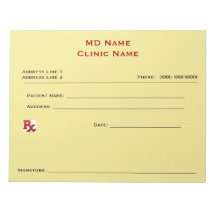
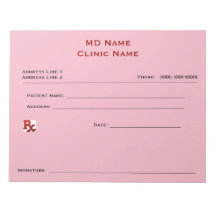
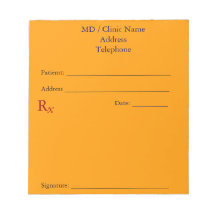
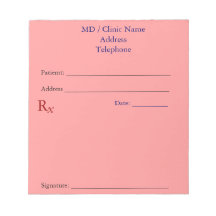
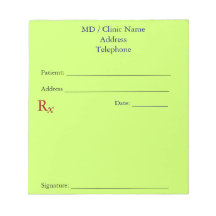
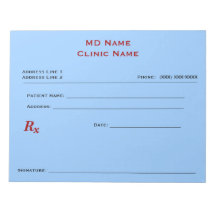
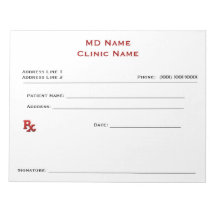

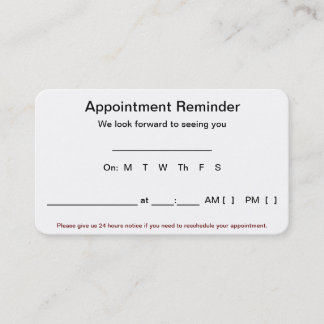



No comments:
Post a Comment